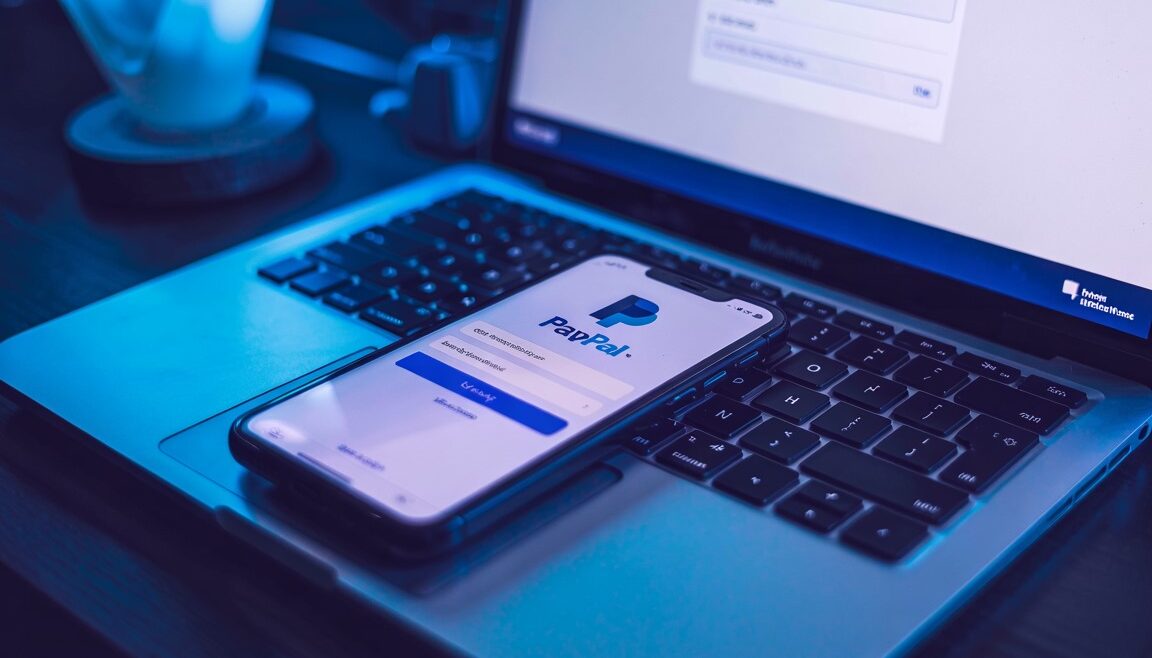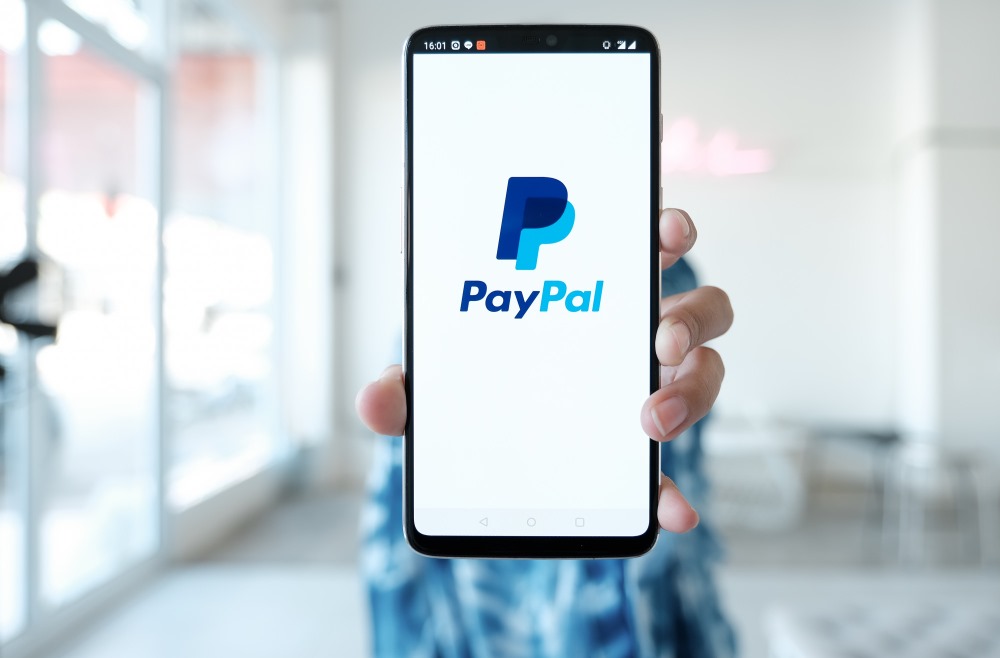In recent weeks, headlines have buzzed with the claim that PayPal is finally available in Pakistan — thanks to an announcement by the Special Investment Facilitation Council (SIFC). But what’s the real story behind this digital economy update? If you’re a freelancer or digital business owner, here’s what you truly need to know.
What Is the SIFC PayPal Initiative About?
The SIFC recently introduced a trial project allowing 10,000 Pakistani freelancers to receive international payments via PayPal — but through a third-party mediator, not directly through PayPal accounts.
How It Works:
- Payments sent from abroad via PayPal
- Routed through a third-party payment facilitator
- Deposited into local Pakistani bank accounts
At first glance, this seems like great news — but the catch lies in the limitations of this workaround.
Why This Isn’t Official PayPal Access
Despite optimistic government statements, PayPal is still not officially operating in Pakistan. Here’s why experts and freelancers are raising concerns:
- No direct PayPal accounts for Pakistani users
- Additional service fees from mediators may cut into freelancer earnings
- No PayPal customer support access — all queries go through the intermediary
- Potential service disruptions based on previous third-party platform shutdowns
In short, while it’s a step forward for international payment facilitation, it’s not the true, secure PayPal access Pakistani freelancers have long demanded.
Why PayPal Hasn’t Fully Launched in Pakistan
There are several factors preventing PayPal from launching officially in Pakistan:
- Regulatory and compliance challenges
- Business profitability concerns in the local market
- Ongoing digital identity verification and fraud issues
Unless these critical obstacles are resolved, PayPal is unlikely to establish a formal presence in Pakistan.
What Should Freelancers Do Now?
While this trial project may provide temporary convenience, freelancers are advised to rely on proven, officially operational alternatives like:
- Payoneer
- Wise (formerly TransferWise)
- Skrill
These platforms offer direct international payment solutions with transparent fee structures and dedicated customer support — making them safer and more reliable for freelancers and small businesses.
Final Thoughts: Stay Informed, Stay Cautious
While the PayPal for Pakistan narrative has captured attention, it’s crucial for freelancers to recognize that this is a mediated, limited workaround — not a full PayPal launch. Until the day PayPal officially arrives in Pakistan, exploring and using trusted alternatives remains the smart move.



